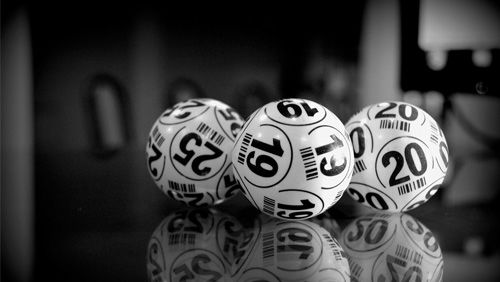On November 12, the Latvian Gambling Regulator overseeing Lotteries and Gambling Supervisory Inspection (IAUI) issued a warning to residents to beware of fake lotteries and potential online scams. The regulator warned that they should do their homework to make sure that the operator is legitimate before making any ticket purchases, reports iGaming Business.
 The regulator cautioned citizens to be leery, but also explained that determining if a firm is legitimate is “virtually impossible.” It is quite a challenge to determine who is a fraud, but he did say that there are a number of warning signs to watch for that can help to determine if a firm is likely a fraud.
The regulator cautioned citizens to be leery, but also explained that determining if a firm is legitimate is “virtually impossible.” It is quite a challenge to determine who is a fraud, but he did say that there are a number of warning signs to watch for that can help to determine if a firm is likely a fraud.
The first indicator provided was related to how customers are contacted. The regulator explained that most often they reach out to customers using either email or phone, letting them know that they have won. However, they are told that their winning results in the immediate need to pay taxes on their prize. They are also told that they need to transfer the taxes and any additional fees to receive their winnings.
The regulator warned that the payment of taxes in this manner in never required by the IAUI. This money should never be paid in this way because it is likely a scam.
The second warning sign is if a customer is told that they won a prize and they know that they did not participate in any lottery. Lottery winners are those who chose to participate in the lottery and prizes are not awarded to those who did not play.
They also cautioned customers to pay attention to the email address where the notification came from. The lottery services do not use Gmail or Hotmail accounts to notify customers that they have won.
In addition, proper grammar is not just for school but is an indicator of whether someone may be attempting to scam customers. While one or two minor grammatical errors may be understandable when there are significant errors or many of them a person should instantly assume this is a scam.
One last warning is that any email or phone call informing customers that they have won should contain the winning ticket number. If they cannot provide the winning number to you then they are a scam. They also warn to not reveal the winning number upfront. Make them prove that you have actually won.
As a last word of caution, the IAUI issued a statement explaining, “In a state-controlled lottery, the winner will never have to pay the prize taxes or money transfer commission before receiving the prize. Don’t send your personal data, bank account details, and money to unknown people.”





